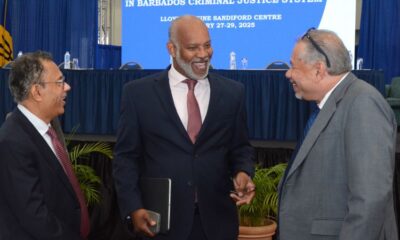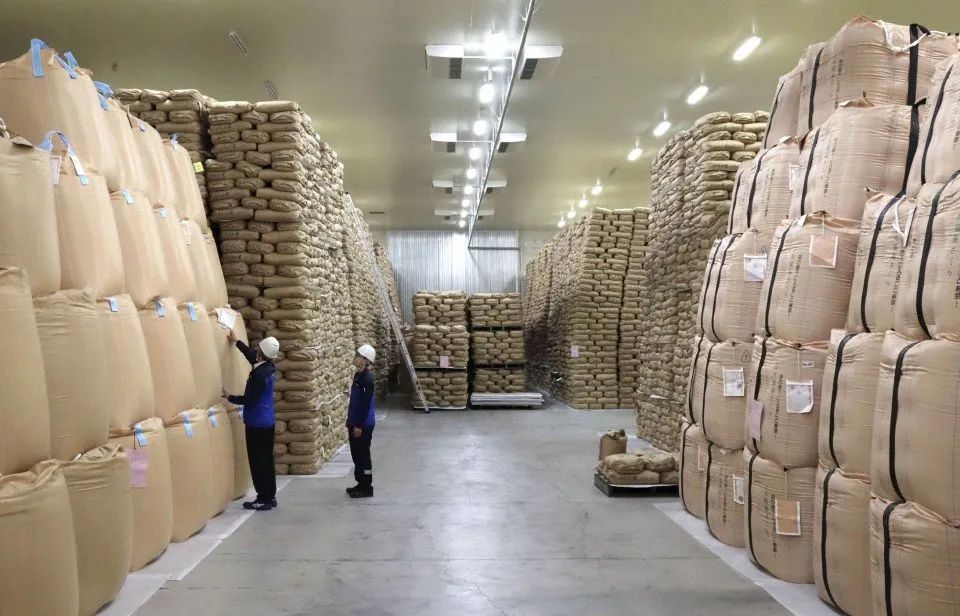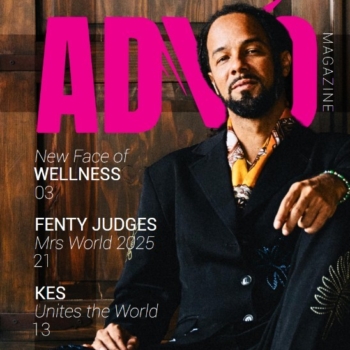International
Chinese vice premier calls for strengthening early warnings for all at COP29

International
Japan to Put Tonnes of Rice on the Market to Arrest Soaring Prices
International
Over 20m Chinese consumers apply for electronic products trade-in subsidies
International
CHINA RESPONDS TO THE NON RENEWAL OF MOU ON BRI
-

 Business4 weeks ago
Business4 weeks agoCIBC Caribbean announces a change to its Country Management Structure
-

 Education4 weeks ago
Education4 weeks agoBarbados Cops Two Silver Medals At Caribbean STEM Olympiads
-

 Local3 weeks ago
Local3 weeks agoST LUCY RESIDENTS HONOURED
-

 Tourism4 weeks ago
Tourism4 weeks agoBarbados Welcomes Another P&O Vessel – MS Iona
-

 Government4 weeks ago
Government4 weeks agoAttorney General: New Legislation Going To Parliament Soon
-

 Government4 weeks ago
Government4 weeks agoSymposium On Addressing Backlogs & Delays In Criminal Justice System
-

 Business3 weeks ago
Business3 weeks agoThree Entities To Be Amalgamated On April 1
-

 Tourism3 weeks ago
Tourism3 weeks agoBHTA APPOINTS TOURISM LIAISON OFFICER AND ADMINISTRATIVE ASSISTANT





















